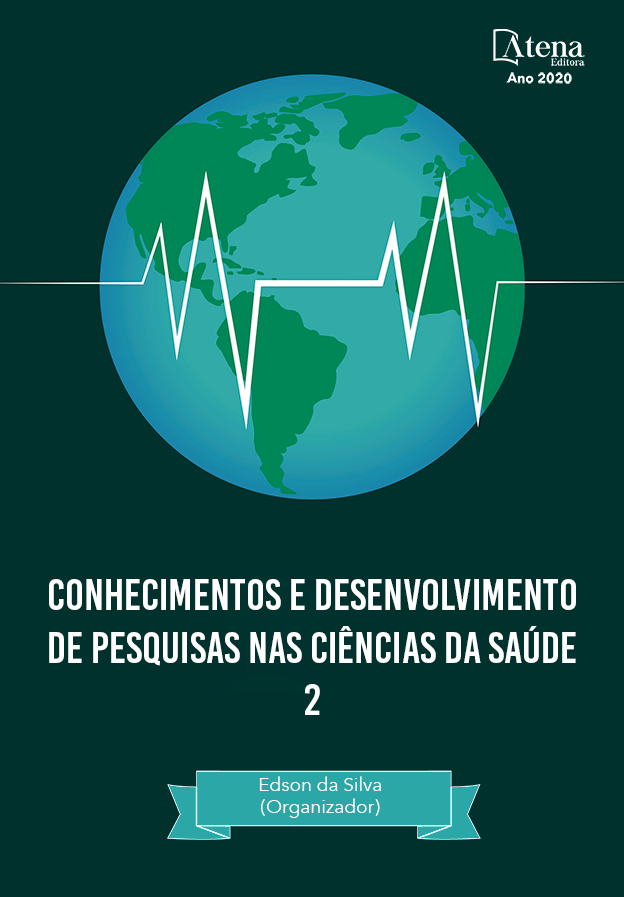
A Soropositividade no Contexto do Hiv/Aids na Amazônia Setentrional
Este é um estudo descritivo de caráter qualitativo que tem por objetivo geral aprender os múltiplos aspectos implicados no processo saúde-doença-cuidado no contexto do HIV/AIDS e, especificamente, conhecer os sentidos e significados sobre a soropositividade; e como é realizada a construção de seus itinerários terapêuticos e processo de autoatenção. A pesquisa foi realizada em uma organização social no município de Boa Vista-RR, no período de dezembro de 2012 a março de 2013. Participaram 07 sujeitos entre 39 e 60 anos, portadores de HIV/AIDS. A coleta de registros foi realizada através de narrativas, obtidas pelas entrevistas semiestruturadas e observação participante nas reuniões do grupo de ajuda mútua. Estas narrativas foram analisadas de acordo com os itinerários terapêuticos encontrados. Os sujeitos sofrem influência do contexto sociocultural e dos distintos sistemas ou racionalidades médicas. O conceito de saúde vai além do bem-estar físico, englobando os contextos sociais, espirituais, psicológicos, econômicos, etc. A doença, por sua vez, é uma experiência que desarmoniza, debilita, definha e motiva a busca pelo tratamento. A percepção da soropositividade é algo que causa revolta, medo, dúvidas e sofrimento e, ao mesmo tempo impulsiona a vontade de viver, de lutar pela cidadania e negar a morte social. Em relação aos itinerários terapêuticos, estes são diversos e/ou únicos, resultam das negociações cotidianas dos sujeitos e de sua rede social de apoio. As escolhas são orientadas segundo o que lhes confere sentido, dependem do seu grau de satisfação e não possuem uma ordem pré-concebida. Assim, as práticas de autoatenção são condutas coletivas, dinâmicas e ajustáveis pelo grupo para seu benefício.
A Soropositividade no Contexto do Hiv/Aids na Amazônia Setentrional
-
DOI: 10.22533/at.ed.78520171112
-
Palavras-chave: Itinerários Terapêuticos; Autoatenção; Saúde; Doença
-
Keywords: Therapeutic Itineraries, Self-Attention; Health; Disease
-
Abstract:
This qualitative descriptive study aims to learn the multiple aspects involved in the health-disease-care process in the context of HIV / AIDS, and specifically to know the purposes and meanings about seropositivity; and how the construction of its therapeutic itineraries and process of self-realization is carried out. The research was carried out in a social organization in Boa Vista-RR. The participants included 07 subjects between the ages of 39 and 60 with HIV / AIDS between December 2012 and March 2013. In the collection day, the narratives obtained from the semi-structured interviews and the participants observation at the meetings of the mutual aid group were used. The narratives obtained were analyzed according to the therapeutic itineraries found. The subjects are influenced by the sociocultural context and the different medical systems or rationalities. The concept of health goes beyond physical well-being, encompassing social, spiritual, psychological, economic, etc. contexts. Disease is an experience, something that disharmonizes, weakens, languishes, and motivates the search for treatment. The perception of seropositivity is something that causes revolt, fear, doubts and suffering and at the same time drives the will to live, to fight for citizenship and to deny social death. The therapeutic itineraries are diverse and / or unique, they result from the daily negotiations of the subjects and by their social network of support, the choices are oriented according to what gives them 'sense' and depend on their degree of satisfaction and do not have a pre- conceived. Thus, the practices of self-observance are collective, dynamic, and adjustable behaviors for the benefit of the group.
-
Número de páginas: 15
- Marcos Antonio Pellegrini
- Ana Paula Barbosa Alves


